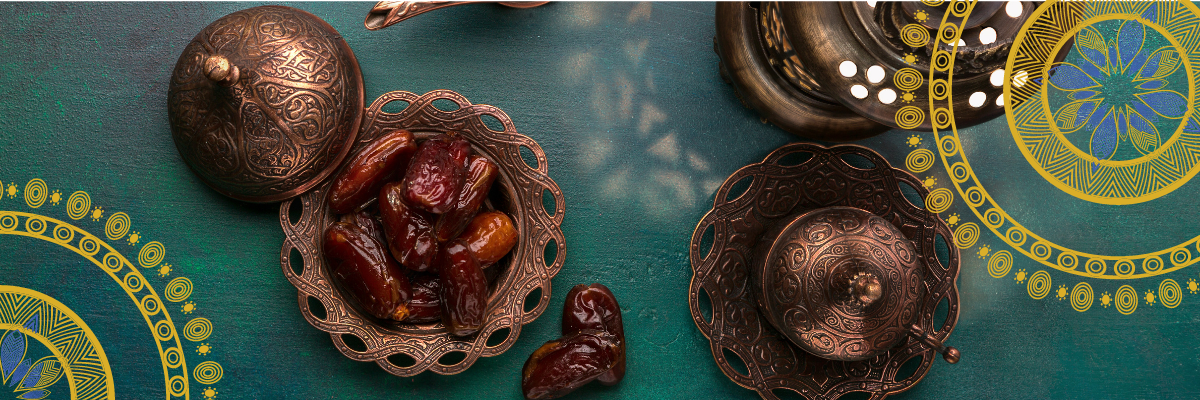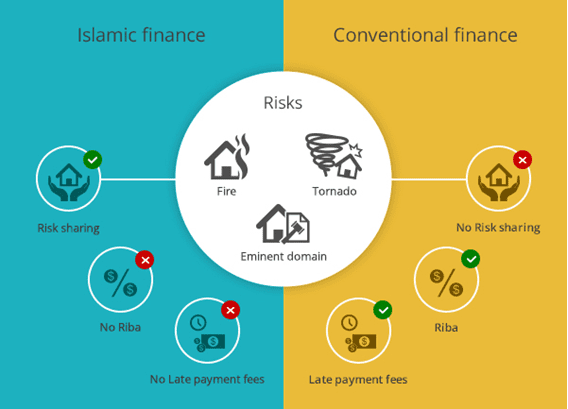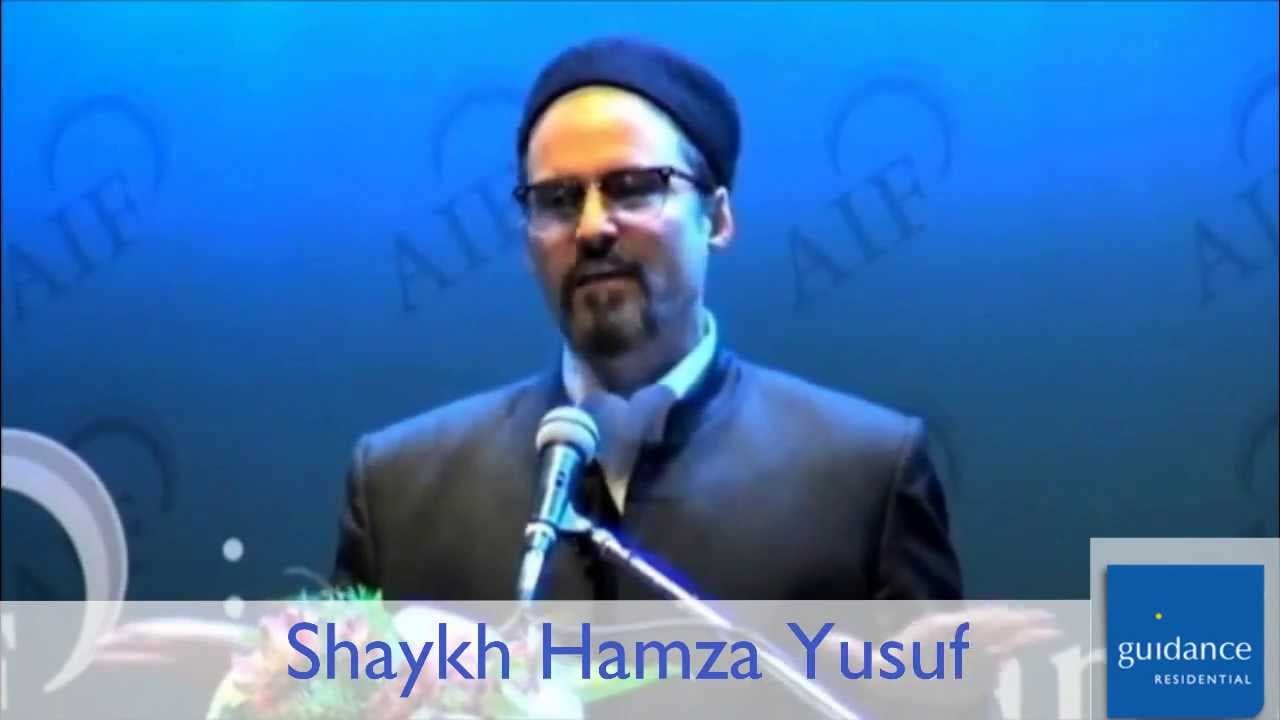Understanding Ramadan

You might have friends, colleagues, and clients who are welcoming the month of Ramadan, the most sacred month of the year on the Islamic calendar.
Understanding how Muslims observe Ramadan is not only a sign of respect and cultural awareness but also an opportunity to strengthen relationships and foster inclusivity.
By learning more about Ramadan, you gain insight into the dedication, discipline, and communal spirit that define this sacred month in the religion of Islam. Whether in professional, social, or personal settings, understanding Ramadan allows you to connect more meaningfully with those who observe it, demonstrating a commitment to cultural appreciation and mutual respect.
We’ve put together a detailed guide to help answer commonly asked questions about this holy month.
What is Ramadan?
Ramadan is the ninth month of the Islamic lunar calendar. It is the month when God revealed the first verses of the Quran, Islam’s sacred text, to the Prophet Muhammad. This month holds deep spiritual significance and is regarded as a period of heightened devotion, self-discipline, and worship.
Fasting during Ramadan is one of the Five Pillars of Islam, making it a fundamental aspect of Islamic practice. The 1.8 billion Muslims around the world observe this holy month with fasting, reflection, devotion, generosity, and sacrifice. The fast extends from dawn until sunset each day and requires abstinence not only from food and drink but also from negative behaviors such as gossip, anger, and dishonesty.
What is Ramadan about?
Every day for the holy month of Ramadan, Muslims abstain from food and drink from dawn to sunset.
This month is meant to be a time of spiritual discipline, reflection, extra prayers, and increased generosity. It’s also a time many Muslims reconnect with Islam’s holy book, attempting to read the entire Qur’an before the month is over. This practice is intended to purify the body and soul, reinforcing values of self-control, gratitude, and empathy for those less fortunate.
When Muslims fast in Ramadan, it brings them closer to God and reminds them of the suffering of the less fortunate. It acts as a time for Muslims to cleanse their bodies and minds, encouraging self-discipline, self-reflection, and enhanced spiritual growth.
Beyond personal discipline, Ramadan fosters a strong sense of community. Families and friends gather for pre-dawn meals (suhoor) and break their fast together at sunset (iftar), strengthening bonds and reinforcing shared faith. The month also encourages increased acts of charity, as Muslims are urged to support those in need through donations and service. Many take the opportunity to engage in additional prayers, including nightly Tarawih prayers at the mosque, and strive to read the entire Quran by the end of the month.
Ultimately, Ramadan is a time of renewal, where Muslims seek a deeper connection with God, heightened self-awareness, and a renewed commitment to their faith and values.
Even water?
Yes, during the daylight hours Muslims do not eat or drink. That includes water.
To stay energized throughout the day, many Muslims wake up early for the suhoor meal before dawn. And they might adjust their working hours around their fasts.
When is Ramadan?
Ramadan lasts either 29 or 30 days. The dates vary each year because, for religious observances, Muslims follow a lunar calendar that is approximately 11 days shorter than the solar Gregorian calendar. This discrepancy causes the month of Ramadan to move backward through the Gregorian calendar, occurring about 11 days earlier each year.
For example, if Ramadan starts in at the beginning of March this year, next year, it would begin toward the end of February. This shift ensures that, over time, Muslims experience Ramadan in all the seasons, which can significantly affect the fasting experience, given the varying lengths of days across seasons.
How are the beginning and end of Ramadan determined?
The precise beginning and end dates of Ramadan are now determined many years in advance through astronomical calculations. However, it is traditionally determined based on the sighting of the new moon, and many celebrants wait for the moon to be sighted in their area. This practice can lead to variations in the start date from one country to another, and sometimes even within different regions of the same country. The end of Ramadan and the beginning of the holiday Eid al-Fitr are similarly determined by the observation of the new crescent moon.
The ritual of moon sighting adds a communal and anticipatory element to Ramadan. It links Muslims to the natural world and to the traditions of the faith.
A global observance
Ramadan is observed by Muslims all around the world. From the bustling streets of Jakarta, Indonesia, which hosts the world’s largest Muslim population, to significant Muslim communities in the United States, the observance of Ramadan transcends geographical and cultural boundaries.
In the Middle East, countries such as Saudi Arabia and Egypt, the month of Ramadan holds profound significance, closely tied to historical and religious traditions. South Asian nations including Pakistan, India, and Bangladesh also participate extensively, each adding their unique cultural nuances to the observance.
While the essence of Ramadan—fasting, reflection, and community—is consistent, the practices and experiences vary dramatically, influenced by local customs. This diversity is a testament to the inclusive nature of Islam’s teachings.
Despite the difference in locale and culture, the global Muslim diaspora is united during Ramadan, echoing a common spirit of devotion and brotherhood. This unity is especially palpable during the breaking of the fast at sunset with the iftar meal, often at a communal gathering. This moment, regardless of where it is observed around the globe, symbolizes shared human experience and gratitude.
Who must fast in Ramadan?
Fasting during Ramadan is obligatory for all adult Muslims who are able to do so without undue hardship. There are specific exceptions to this rule, taking into consideration the health and physical condition of individuals.
Children who have not yet reached puberty are not required to fast, though many participate in short fasts to practice.
For adults, the obligation to fast excludes those who are physically or mentally unwell, where fasting may pose a significant health risk. Pregnant or breastfeeding women, travelers, and those on their menstrual cycle are also granted exemption, acknowledging the potential difficulties and health implications fasting may have on them.
Missed fasts should be either made up at a later date if possible or compensated through fidya (a type of charitable giving).
This approach underlines Islam’s emphasis on compassion, flexibility, and the personal well-being of its followers, ensuring that the practice of fasting during Ramadan is both a spiritually enriching and physically sustainable act of worship.
Ramadan customs
One of the hallmarks of Ramadan is the celebration and observance of age-old customs that bind families and communities.
Breaking the fast
Among these is the practice of breaking the fast, known as iftar, with family and friends. Every evening at sunset, Muslims gather to break their day-long fast in an act of communal fellowship. Muslims traditionally break fast by eating dates, which are followed by the evening meal.
This moment not only marks the physical nourishment of the body but also symbolizes the strengthening of social bonds and the sharing of blessings.
Increased Worship
Muslims devote extra time to prayer, recitation of the Quran, and acts of worship during Ramadan. Many also seek to refine their character, avoid negative speech, and engage in self-improvement.
Night prayer
Another central aspect of Ramadan is the nightly visit to the mosque for Tarawih prayers. The five normal daily prayers continue as usual, but this this special congregational evening prayer is held only during Ramadan. It involves the reading of segments from the Quran during these special nightly prayers, covering the entire holy book by the end of the month.
Charitable giving
With good deeds believed to hold extra weight in Ramadan, most Muslims aim to give extra charity in during this holy month. They often give their required charity, known as Zakat, which amounts to 2.5% of their savings, as well as additional charity, called Sadaqah.
Along with fasting in Ramadan, giving Zakat is another one of the Five Pillars of Islam. Since Ramadan teaches self-discipline, selflessness and compassion, it’s no wonder that charitable giving increases during this time.
Faith and personal growth
Ramadan is a time of deep spiritual reflection and connection with the divine, further enriched by the shared experience of the community coming together in faith. Through practices like these, Ramadan fosters a unique blend of personal growth and community spirit, making it a profoundly significant time for Muslims worldwide.
The Psychological and Health Benefits of Fasting
Fasting during Ramadan offers numerous psychological and health benefits. Beyond its spiritual significance, fasting can help reset eating habits, promote mindfulness, and enhance self-discipline. Studies suggest that intermittent fasting, similar to Ramadan fasting, can improve metabolic health, aid digestion, and even support weight management.
On a psychological level, fasting encourages emotional resilience, patience, and gratitude. Many Muslims report feeling a stronger sense of inner peace, heightened self-awareness, and improved focus during Ramadan. The practice of abstaining from food and drink, combined with increased prayer and reflection, fosters a deeper connection with one’s faith and overall well-being.
The Spiritual Lessons of Ramadan
Ramadan is more than just fasting and physical cleansing; it is a time of profound spiritual growth.
Here are some of the key spiritual lessons:
- Patience and Self-Control: By resisting food, drink, and other desires, Muslims cultivate discipline, self-restraint, and patience.
- Gratitude and Appreciation: The experience of fasting heightens gratitude for everyday blessings, such as food, water, and shelter.
- Empathy and Generosity: Experiencing hunger fosters a deeper understanding of the struggles of the less fortunate, encouraging acts of charity and kindness.
- Renewed Faith and Reflection: The increased prayers, Quran recitation, and self-reflection bring many Muslims closer to their faith.
These lessons extend beyond Ramadan, helping individuals become more compassionate, mindful, and spiritually aware throughout the year.
The Night of Power: Laylat al-Qadr
One of the most spiritually significant events during the month of Ramadan is Laylat al-Qadr, known as the Night of Power or the Night of Decree. This auspicious night is believed to occur on one of the odd nights in the last ten nights of Ramadan. It is most commonly expected on the 27th night, although the exact date is not definitively known.
Laylat al-Qadr holds immense importance for Muslims as it commemorates the night when the first verses of the Quran were revealed to the Prophet Muhammad by Allah (the Arabic word for God) through the angel Gabriel.
Muslims believe that the rewards for acts of worship performed on this night are magnified beyond measure. It is a time when the divine mercy and blessings are abundant, sins are forgiven, and prayers are accepted. The Quran states that this night is “better than a thousand months.” Devotees aim to spend the night in prayer, Quran recitation, and reflection, seeking to attain the maximum benefit of this holy occasion. Mosques become centers of intense worship, often hosting special prayers and Quranic recitations throughout the night.
What happens at the end of Ramadan?
The day after Ramadan ends, Muslims celebrate Eid Al-Fitr, or the Festival of Breaking the Fast. This holiday marks the end of Ramadan with a joyous celebration that involves communal prayers and feasting.
Eid is a time of joyous celebration for Muslims worldwide. It begins with the communal Eid prayers held in large open areas or mosques early in the morning. These prayers, accompanied by a sermon, serve as a spiritual conclusion to the month-long period of fasting and reflection.
Following the Eid prayers, festivities kick into full gear. Families and friends dress in their finest clothes. Communities come together to share meals and sweets that reflect the rich and diverse culinary traditions of the Islamic world.
Many Muslims exchange gifts on Eid al-Fitr. Adults, particularly parents and elders, often give money, known as Eidi, to children as part of the celebrations.
Supporting friends and acquaintances
For many Muslims, Ramadan is a deeply spiritual and transformative time that affects their daily routines, work schedules, and social interactions. Recognizing this can help create a more supportive and understanding environment. Friends and acquaintances can play a supportive role in making Ramadan a more comfortable and inclusive experience for those observing it.
Here are a few simple ways to show respect and understanding:
- Be mindful that colleagues or friends may be fasting and avoid offering them food or drinks.
- If you are an employer, consider offering flexible work hours or break times for prayer.
- Understand that fasting individuals may experience lower energy levels, especially in the late afternoon.
- If invited to an iftar meal, accept the invitation or express appreciation for the gesture.
- Wish participants a happy Ramadan, and at the end of the month, a happy Eid.
Small gestures of awareness and accommodation can make a big difference in helping those observing Ramadan feel acknowledged and respected.
Is there a customary greeting for Ramadan?
The standard greetings are “Ramadan Mubarak” or “Ramadan Kareem,” both of which mean blessed or noble/generous Ramadan. But it is perfectly acceptable to wish observers a happy Ramadan in any language.
Ramadan wishes from Guidance Residential
Every Ramadan we’re reminded of the blessings of our homes. Since 2002, has helped over 40,000 families celebrate Ramadan in their new homes. We are so thankful to be part of their celebrations, and we wish all celebrants a joyful and meaningful Ramadan.
Guidance Residential’s co-ownership model of Islamic home financing remains the #1 U.S. Islamic home financing provider, with more than 40,000 families assisted over more than 20 years. Learn more and get started on your home finance journey today.
Your Guidance Residential Account Executive is here to help with any questions. Looking to refinance or purchase? Have a friend or family member who is looking for a home? Call 1.866.Guidance, or start an application today.
Originally published April 2021, updated February 2025.




